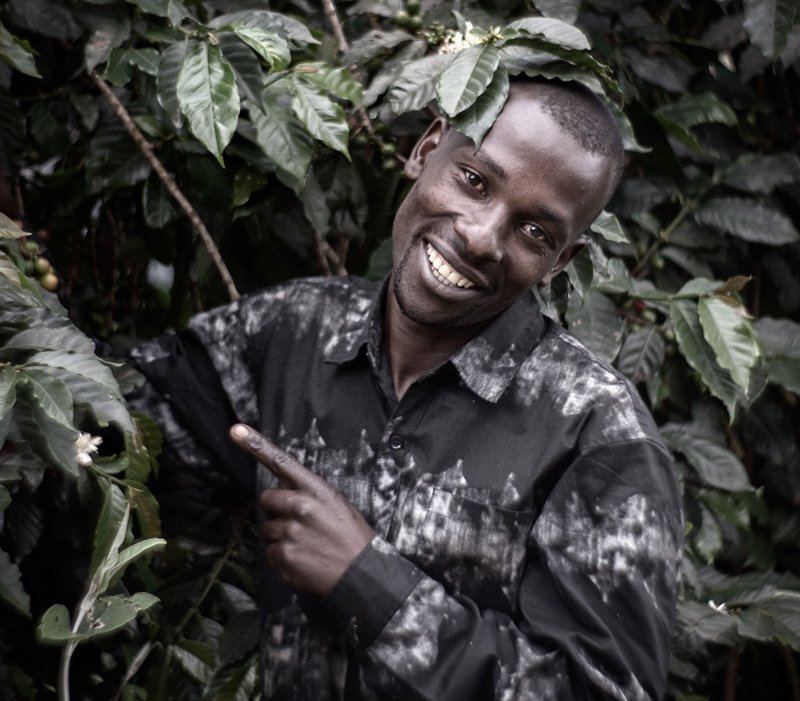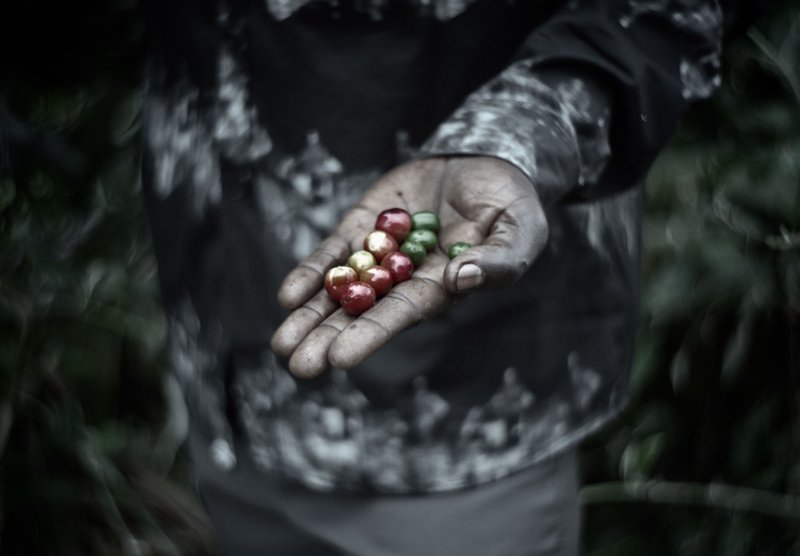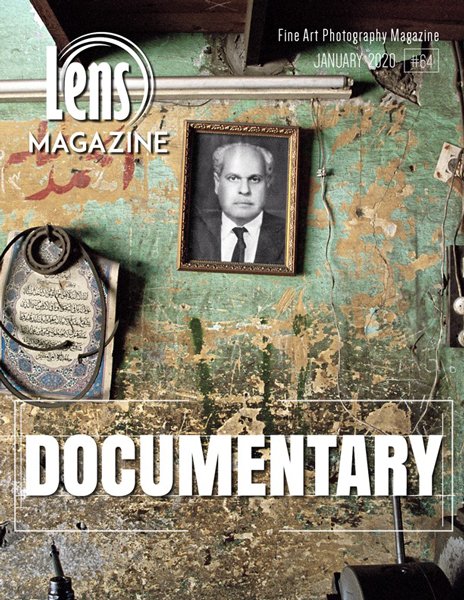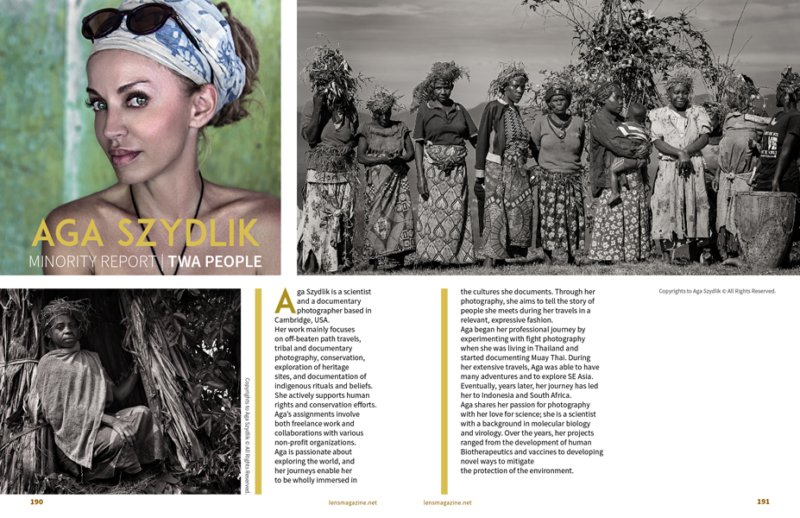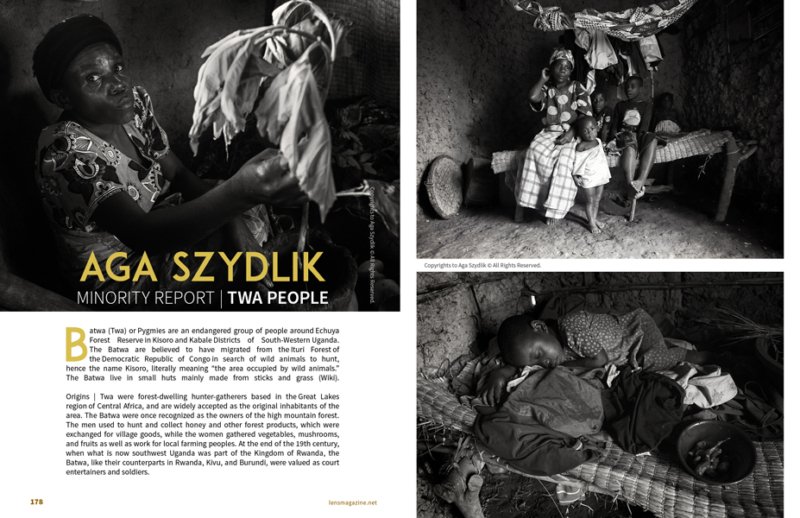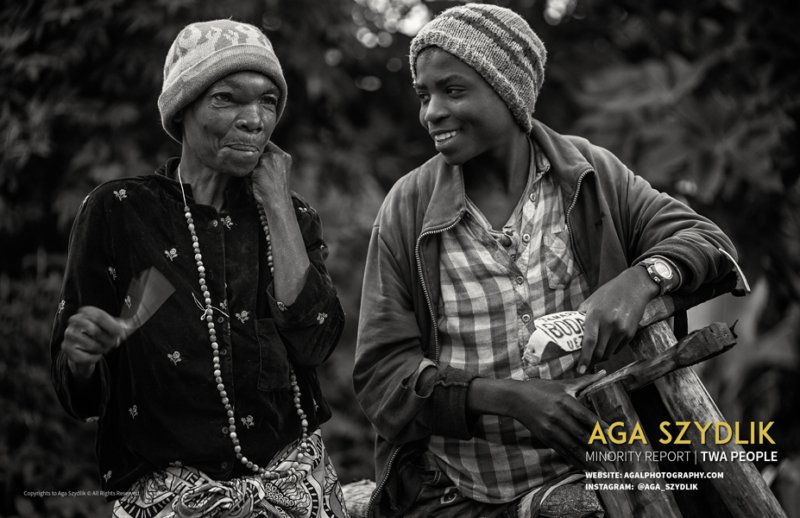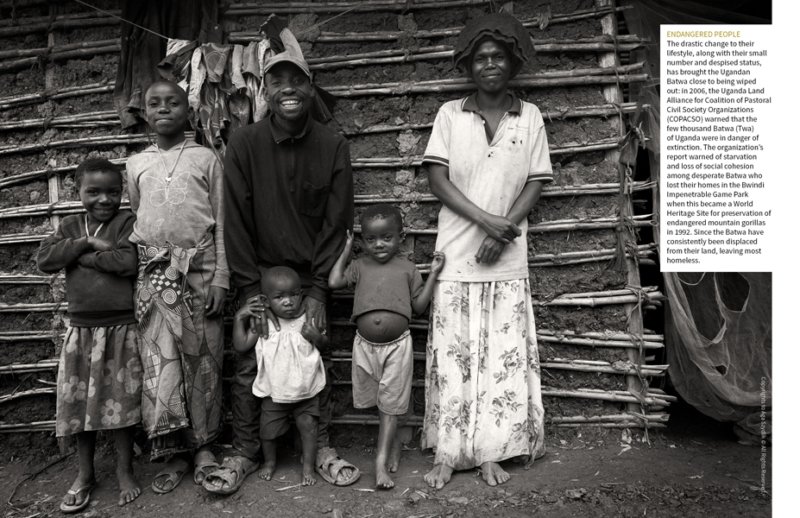African Pygmies | Batwa People of Uganda
The African Pygmies [Batwa] are indigenous forest-dwelling pygmy people who call the forests of Bwindi and Mgahinga their home. In 1991 due to ongoing conservation efforts, Batwa were displaced from their homes when Bwindi and Mgahinga became national Parks to protect endangered mountain gorillas [1].
Pygmies are one of the oldest people on earth and genetically very closely related to Bushmen who live in Southern Africa. A commonly held belief is that African Pygmies are the direct descendants of Late Stone Age hunter-gatherer people of the central African rainforest, who were later displaced by the immigration of agricultural people (Wiki). Pygmies are short in stature, which could be related to low UV levels, lack of food, the need to move through dense jungle, adaptation to heat and humidity (Wiki).
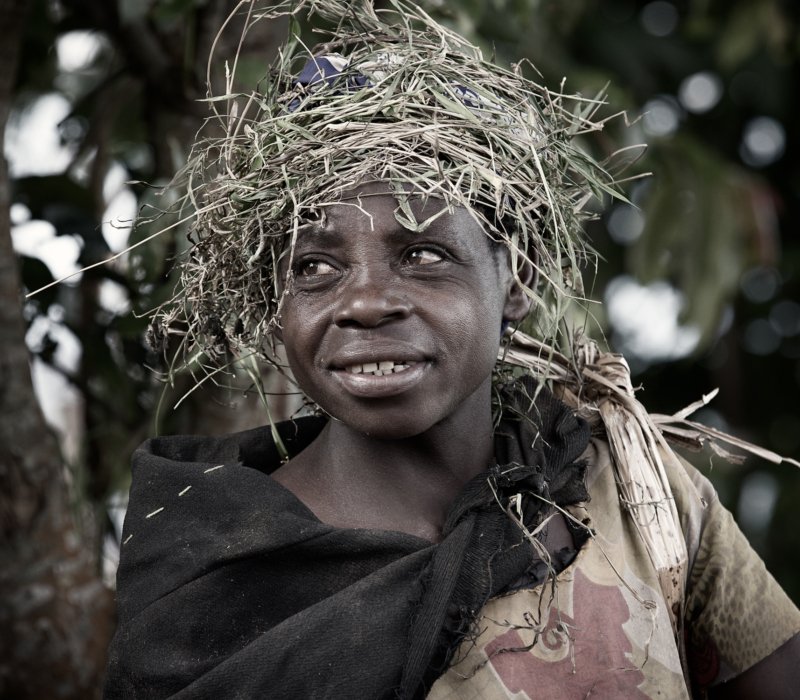
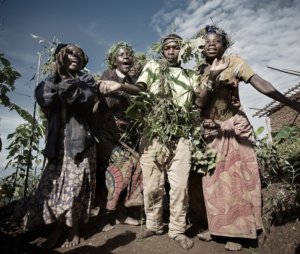
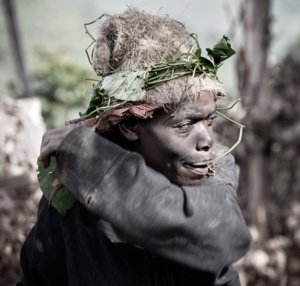
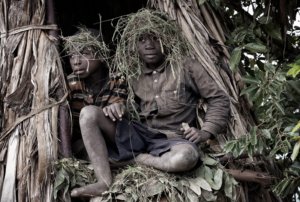
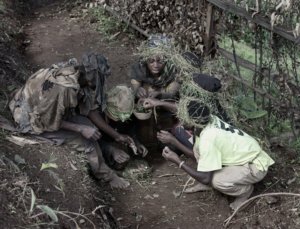
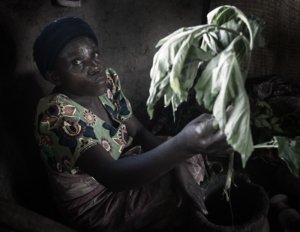
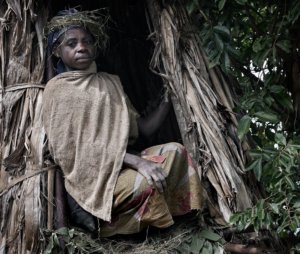
Pygmies | The Origins
Pygmies used to live in caves, made fire by rubbing sticks together, forged for honey and worshipped forest gods especially after hunting. Fathers would teach boys names of plants, animals and locations especially those used for hunting. The girls would learn from their mothers how to cook and to prepare traditional medicine. Both, boys and girls were taught how to weave mats, baskets, trays and to mould and repair clay pots [1]. After losing access to the forest and the resources used for their economic, social, and cultural sustenance, the Pygymy people continue to struggle forging their new way of life. Majority of Batwa live outside the forests of Bwindi and Mgahinga in small settlements, either on land that is held in trust for them by non-governmental organizations or as squatters on their neighbours’ land [1].
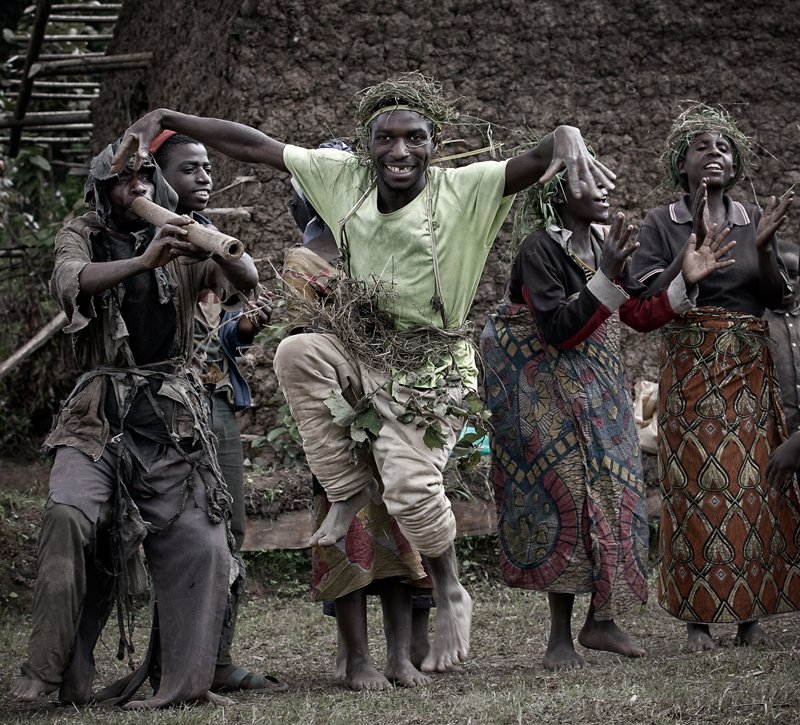
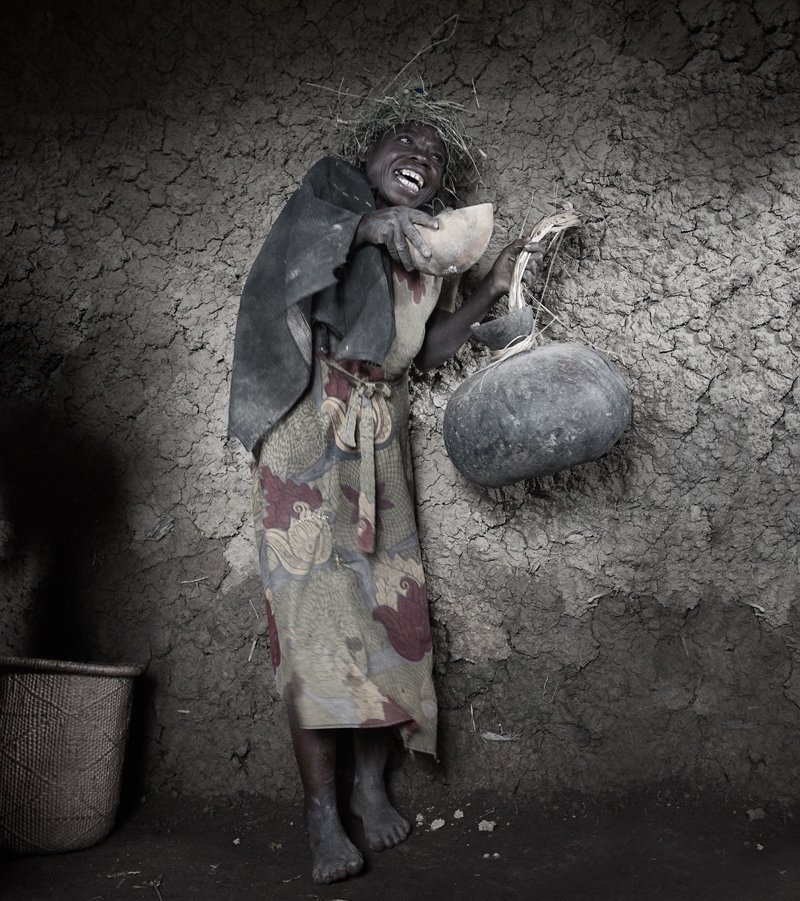
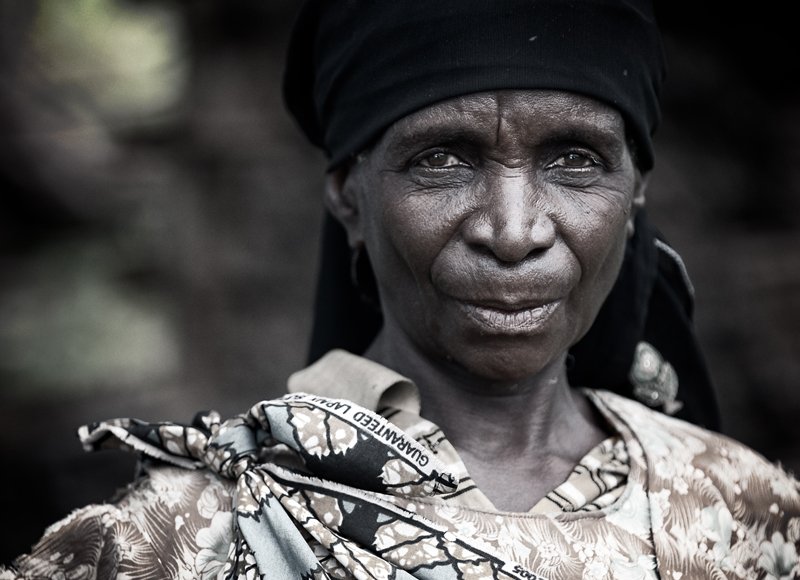
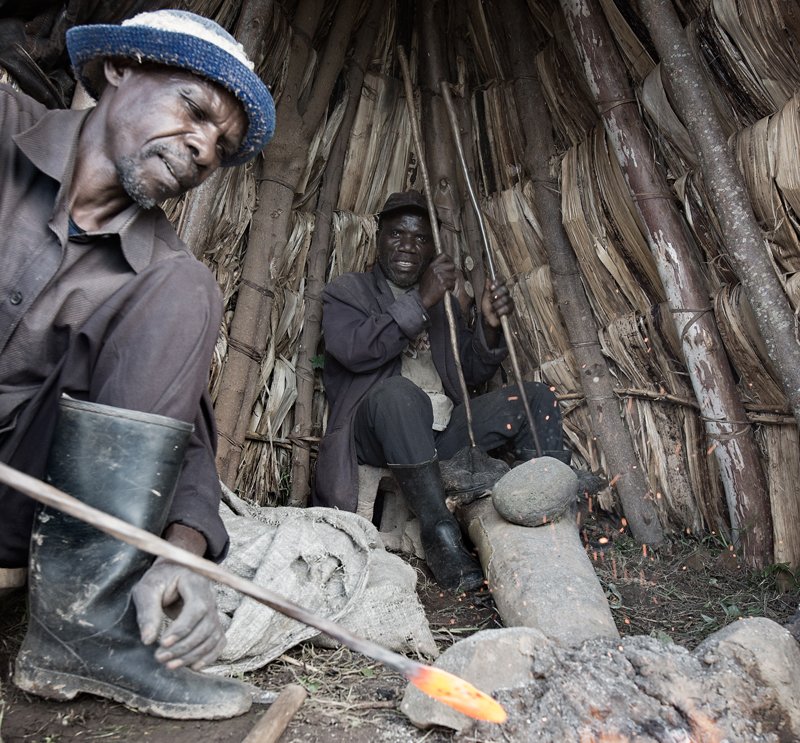
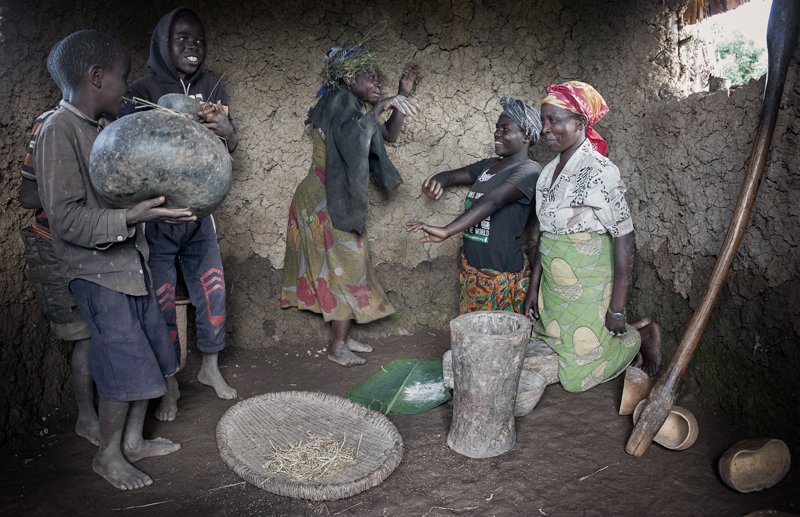
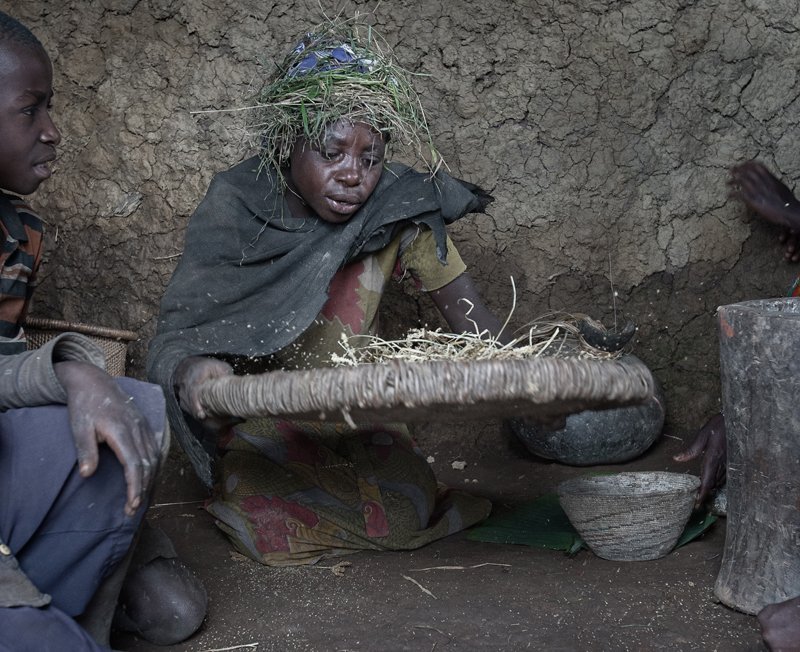
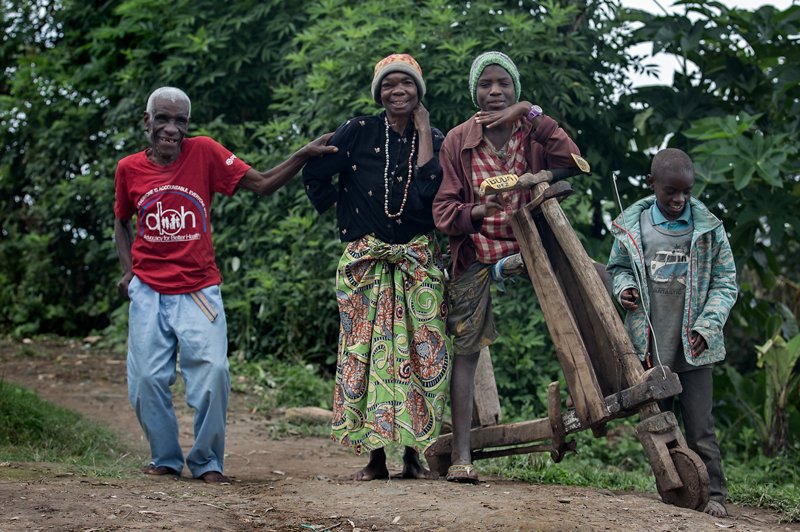
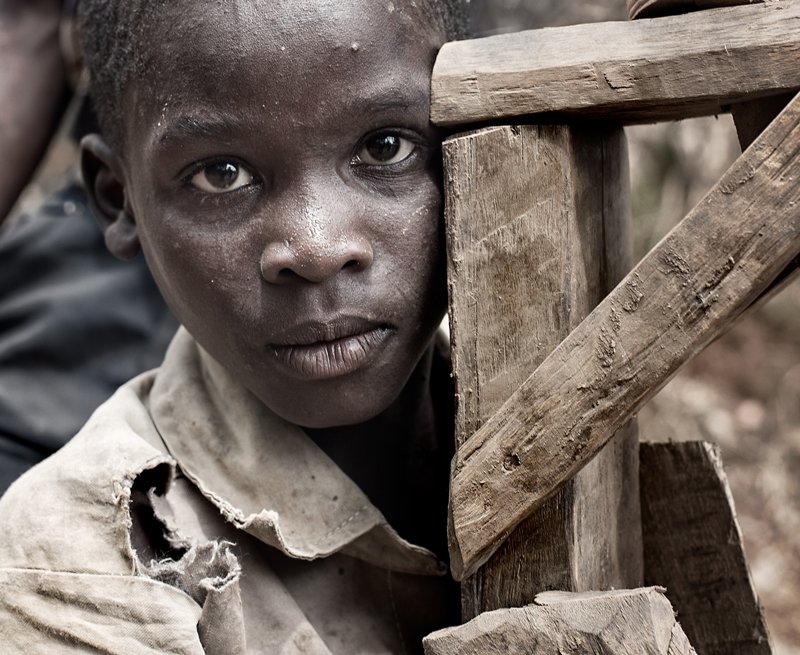
Pygmies | Curruent Issues
Cultural values are of importance to the well-being of both indigenous and non-indigenous communities across the world. Today, Batwa communities face multiple challenges, as they are unable to continue their traditional practices and forest lifestyle [1]. Batwa’s small stature and socio-economic challenges contribute the most marginalized minority in Uganda. In addition to cultural struggle, Batwa face many more challenges such as access to clean water, child labour, education and family planning and education.
Water is one of many resources scarce for Batwa people, both women and young girls walk daily a long distance to collect clean water, which is then conserved for cooking leaving many without access to a regular bathing regimen. Pygmy people do not have access to family planning or health care available to the rest of the Ugandan population, which results in a lack of population control. Marginalization and challenges affect Batwa children, who perform house chores and child-rearing and often hard labour contributing to family finances and to pay for their schooling supplies, which in effect causes many Pygymy children to drop out of school by age 15. Members of Batwa tribe are neglected by a society which has made them live as beggars on other people’s land with no proper houses, clothes and food [1].
More information about dire situation of Batwa communities
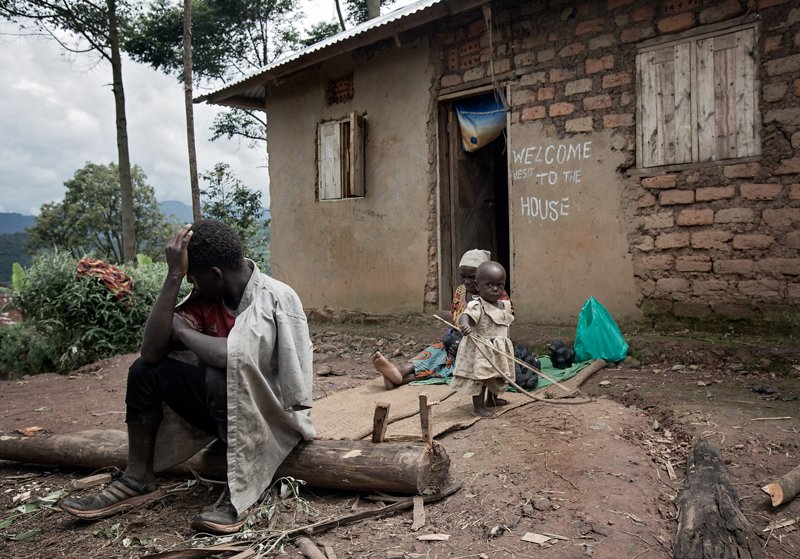
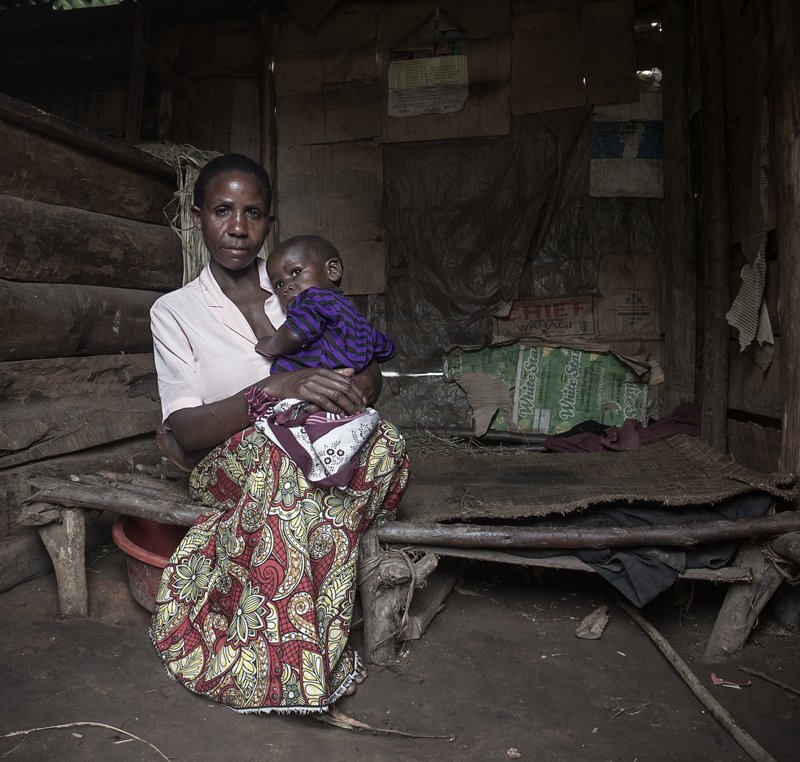
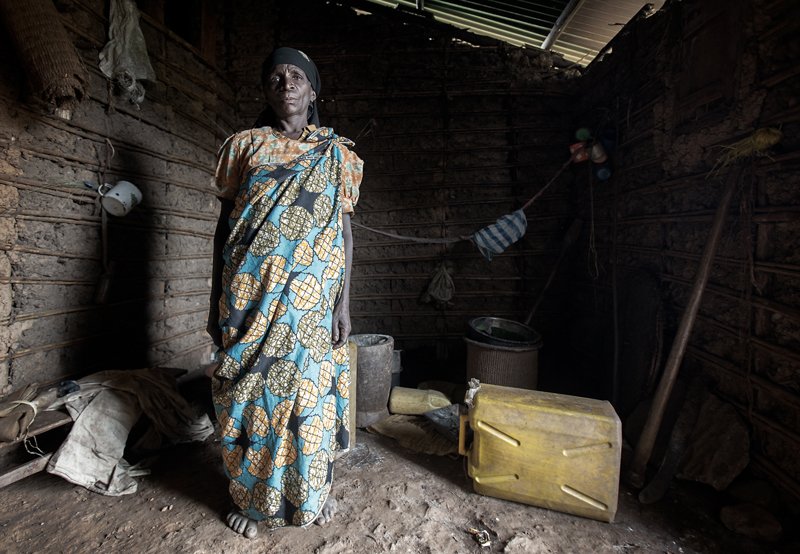
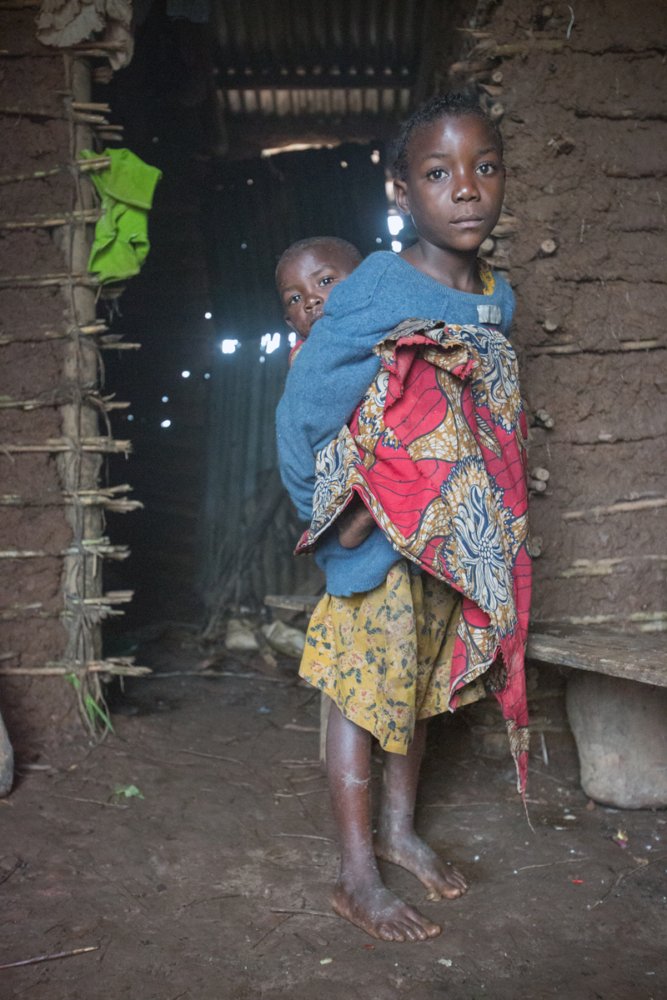
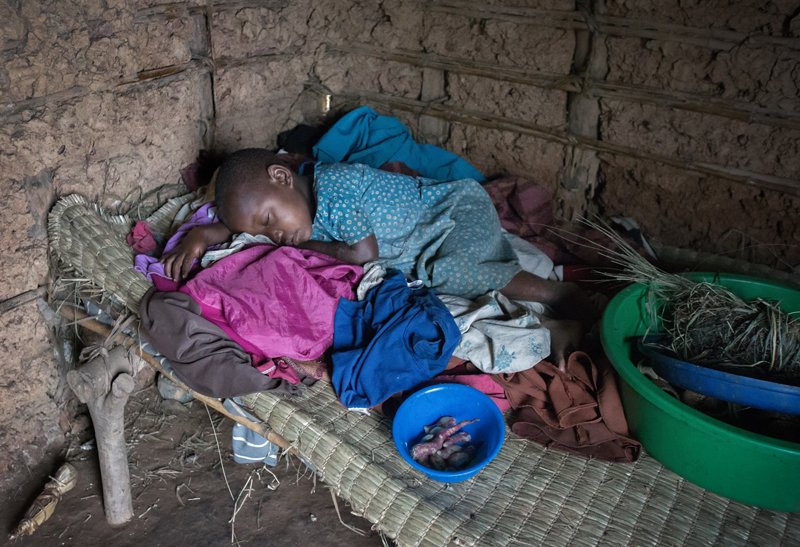
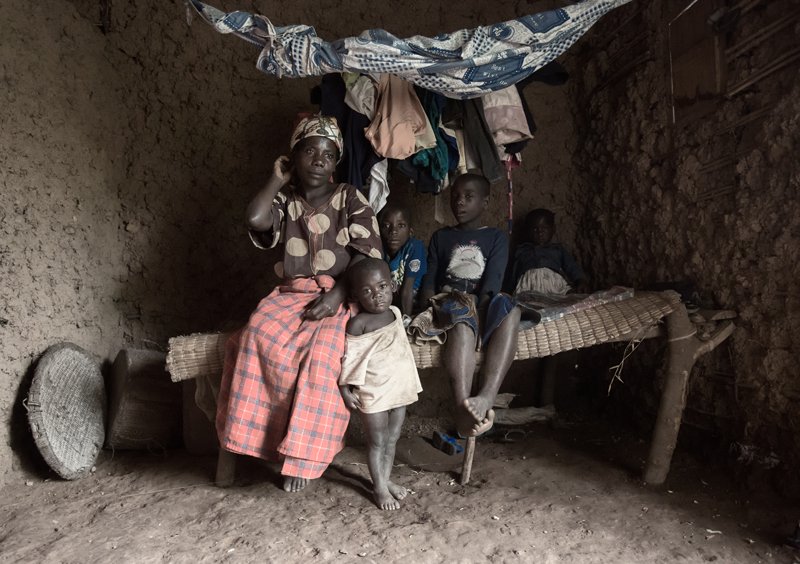
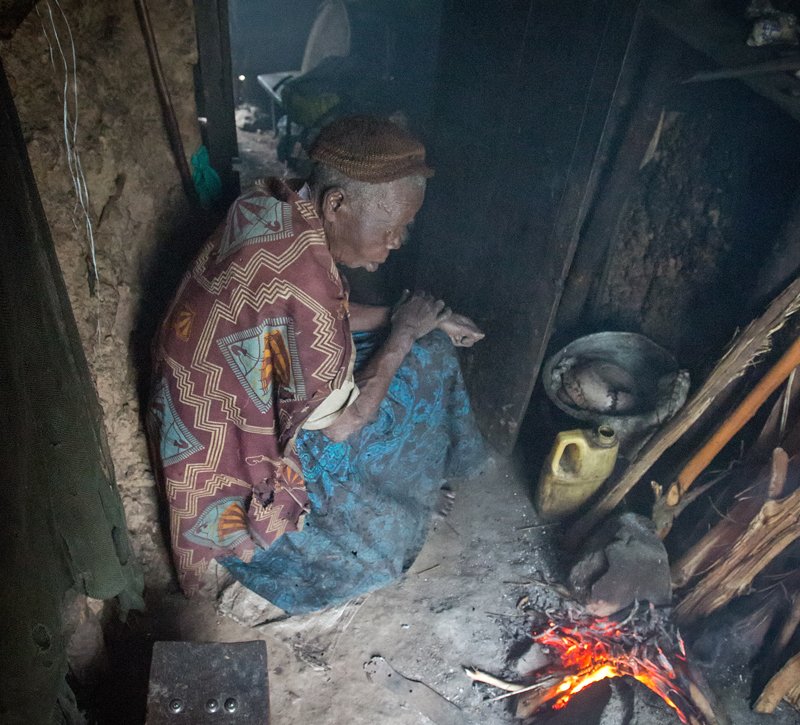
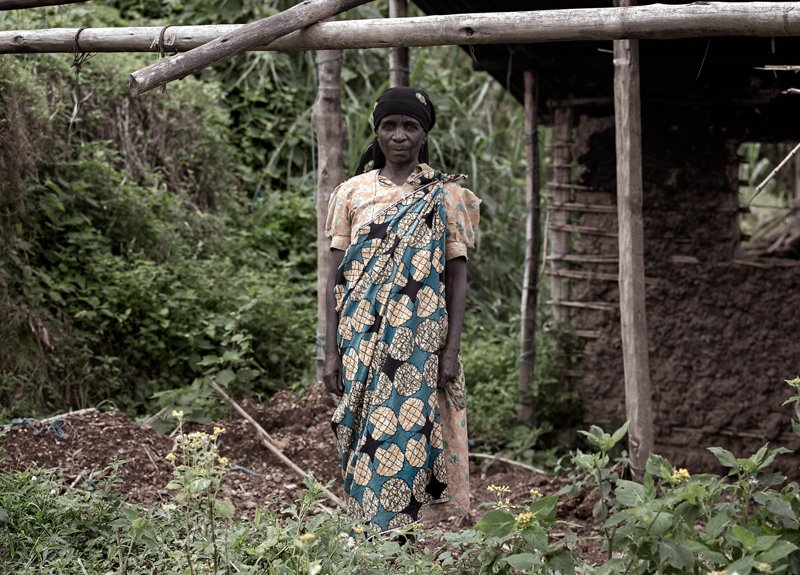
Links | Publications
Dodho Magazine
Lens Magazine | Issue #64 Documentary Photography
Migrations and The Shifting Borders | LoosenArt, Rome, Italy JAN 2023
In Limbo |Congo Uganda Boarder
Literature This work would not be possible without tremendous help from Byamukama and Alex, who is the Sanuriro Batwa Community Coordinators. Alex is a farmer, coffee grower and conservationist, who twice a week makes the treacherous trek through the Bwindi Forest selflessly leaving his home and young family behind to volunteer his time in service to the Batwa cause.
Sanuriro Batwa community development association is an organization focused on the development of agriculture, preserving culture and conservation of the environment. If you wish to visit and discover Sanuriro Batwa community, please follow this link.
Please pledge your support here
